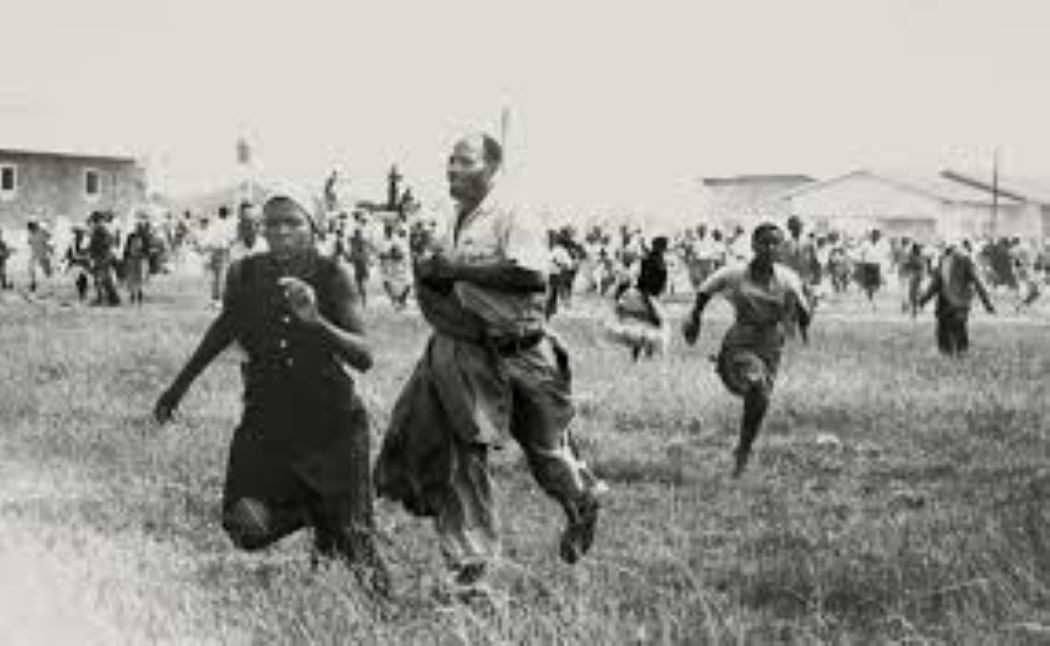


Sharpeville and the Enduring Legacy of Human Rights in South Africa: A Scholarly Reflection
NNOLI SYLVESTER CHIKELUE@sylvesternnoli140312
11 months ago
Human Rights Day in South Africa isn’t just another date on the calendar; it serves as a poignant reminder of the ongoing fight for freedom, justice, and human dignity. This day is deeply rooted in the tragic events of the Sharpeville Massacre on March 21, 1960, when 69 innocent protestors lost their lives to the gunfire of apartheid police during a peaceful demonstration against oppressive pass laws. This horrific event marked a pivotal moment in the nation’s history, sparking outrage both locally and globally, and giving a significant boost to the anti-apartheid movement. As we honor Human Rights Month and celebrate the 25th anniversary of South Africa’s Constitution, it’s essential to reflect: how far have we truly come, and what can we learn from Sharpeville that still resonates in today’s human rights discussions?
Sharpeville: A Watershed Moment in Human Rights Advocacy
The events of March 21, 1960, exposed the harsh realities of the apartheid regime. The African National Congress (ANC) and the Pan Africanist Congress (PAC) had organized protests against the oppressive pass laws that restricted the movement of Black South Africans. In response, the police unleashed indiscriminate violence, which drew international condemnation and fueled resistance against the government.
The Sharpeville Massacre was a turning point that shifted global awareness regarding apartheid. In response, the United Nations passed Resolution 134 in 1960, denouncing the violence and paving the way for future sanctions against South Africa. On the home front, this tragic event led to the banning of liberation movements like the ANC and PAC, forcing them underground and into armed resistance.
The 1996 Constitution: A Triumph of Human Rights Ideals
Jump ahead to 1996, and South Africa emerged as a shining example of human rights reform with the introduction of one of the most progressive constitutions in the world. This groundbreaking document firmly established the principles of equality, dignity, and freedom, turning its back on the injustices of apartheid. It was significantly shaped by the struggles of the past, especially the events at Sharpeville, which highlighted the urgent need for government accountability and the safeguarding of fundamental freedoms.
The Bill of Rights included in the Constitution guarantees essential rights like the right to life, freedom from discrimination, and the right to move freely—protections that were sorely lacking for the victims of Sharpeville. Yet, even with this legal framework in place, fully realizing these rights remains a challenge in today’s South Africa.
The Contemporary Human Rights Landscape: Progress and Challenges
Even with the progress made since 1994, the fight for human rights is still ongoing. Problems like economic inequality, gender-based violence, and xenophobia continue to threaten the freedoms promised in the Constitution. The recent surge in violent protests over poor service delivery and corruption indicates that while political rights may have been secured, many South Africans still struggle to access their socio-economic rights.
Additionally, the role of law enforcement in managing protests is a hotly debated topic. The tragic events of the 2012 Marikana Massacre, where police killed 34 striking mine workers, serve as a grim reminder of the brutality seen at Sharpeville and raise serious concerns about state violence in a democratic society. These incidents underscore the critical need for ongoing human rights advocacy.
Sharpeville’s Legacy and the Path ForwardSharpeville’s significance extends beyond South Africa; it serves as a universal lesson on the dangers of state repression and the importance of protecting civil liberties. As we commemorate the 25th anniversary of the Constitution, it is crucial to reaffirm our commitment to its principles.
Education remains a critical tool in this endeavor. Young South Africans must be made aware of their rights and the sacrifices that secured them. Additionally, civil society, academia, and government institutions must collaborate to address systemic inequalities that persist in the nation.
The story of Sharpeville is one of pain, resistance, and ultimately, hope. The past 25 years of constitutional democracy have shown both progress and persistent challenges in realizing human rights for all. As we reflect on Human Rights Day, we must not only honor those who fell at Sharpeville but also actively work towards a society where such tragedies are never repeated. South Africa's constitutional promise remains a powerful beacon, but it is our collective responsibility to ensure that it translates into lived reality for every citizen.
#Motivation
#Hellonircle
#Readmynircleblog
#ArtofArtist
#Learning
#Followme
#Neighbors
#poadcast
#NircleCommunity
#NircleForums
#Africa
